Rabies Vaccine: Uses, Administration, Side Effects, and Benefits
Rabies Vaccine is a severe viral disease transmitted through the saliva of infected animals. Vaccination against rabies plays a crucial role in both prevention and treatment. This article explores the importance of rabies vaccination, its administration process, potential side effects, and the overall benefits of preventing the spread of rabies.
Rabies Vaccine After Dog Bite
Prompt administration of the rabies vaccine is essential following an animal bite, especially in cases where rabies is suspected. It is particularly crucial for veterinarians and individuals with a higher risk of rabies exposure. Timely vaccination has shown to be 100% effective in preventing the onset of rabies.
Administration
Rabies vaccines are typically administered via injections by healthcare professionals. In the event of exposure, thorough washing of bite wounds with soap and water for approximately 15 minutes should precede vaccine administration. Early initiation of treatment after exposure is critical. It is recommended to administer both Immunoglobulin and the vaccine, except for those with a history of complete vaccination regimens. Completion of the full vaccine course is vital to prevent this deadly disease.
Side Effects
Common side effects of rabies vaccination include pain, joint pain, redness, and swelling at the injection site. These effects are usually temporary and resolve quickly. If any side effects persist or cause concern, consulting a doctor is advisable.
Precautions and Allergic Reactions
Before receiving the rabies vaccine, it is important to inform healthcare providers about any previous allergic reactions to vaccines. Additionally, disclosing all medications being taken is crucial, as some may interact with the rabies vaccine.
Benefits of Rabies Vaccination
Rabies vaccines are essential for preventing this severe disease. They are administered to individuals at higher risk of rabies exposure, such as veterinarians, animal handlers, hunters, and laboratory personnel. Individuals visiting areas where rabies is prevalent should also consider vaccination. The vaccine stimulates immunity, producing antibodies that protect against viral infection. Importantly, vaccination can also prevent the disease if administered promptly after exposure, under medical supervision.
Conclusion
Rabies vaccination is a vital preventive measure for individuals at risk of rabies exposure or post-animal bite. Adhering to proper vaccination protocols and completing the full course significantly reduces the risk of developing this fatal disease. It is imperative to seek guidance from healthcare professionals for proper vaccine administration and to address any concerns or potential side effects.
Disclaimer: This article provides informational content and should not replace professional medical advice. Always consult healthcare professionals for guidance on vaccination and treatment options.
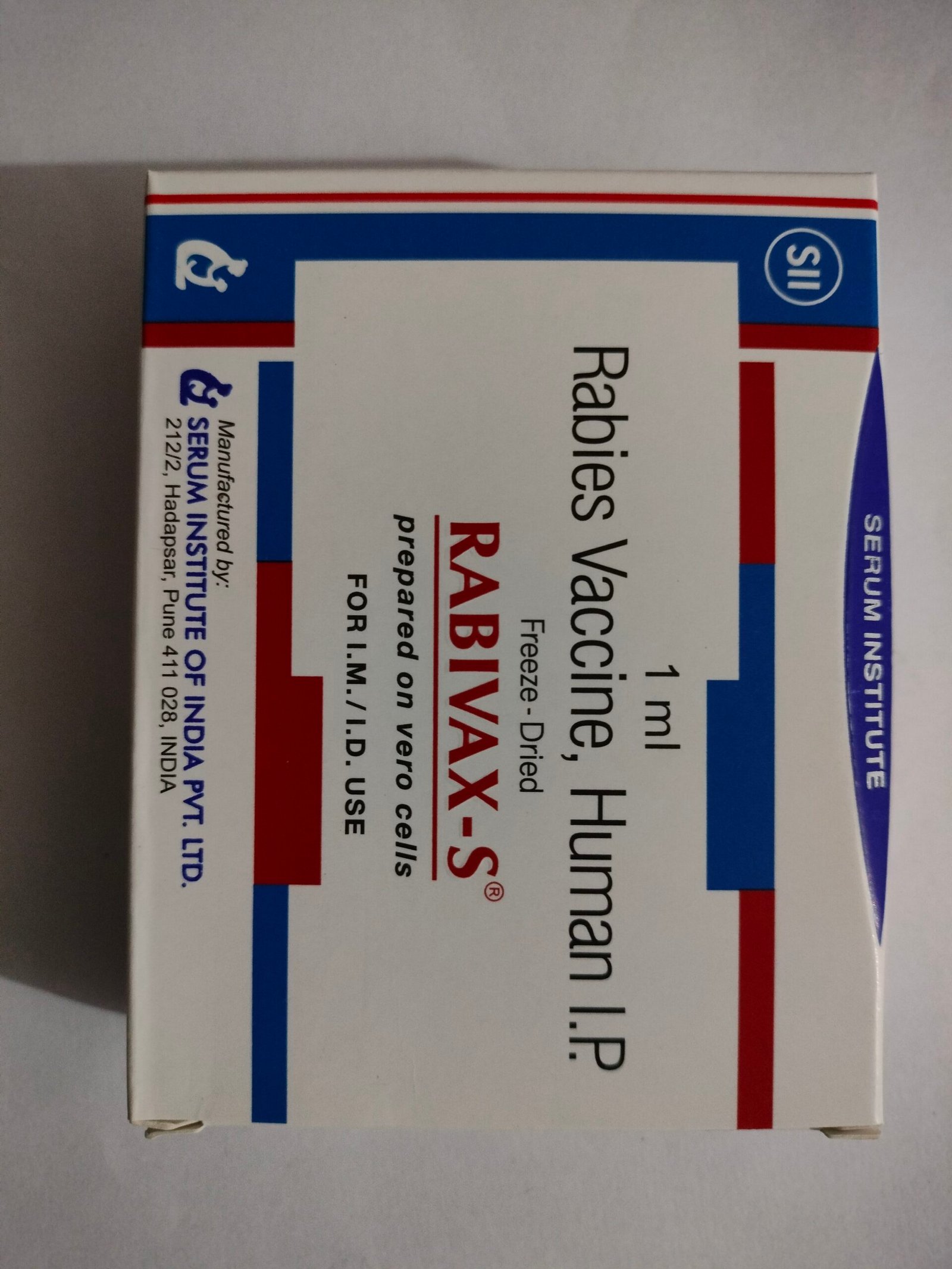
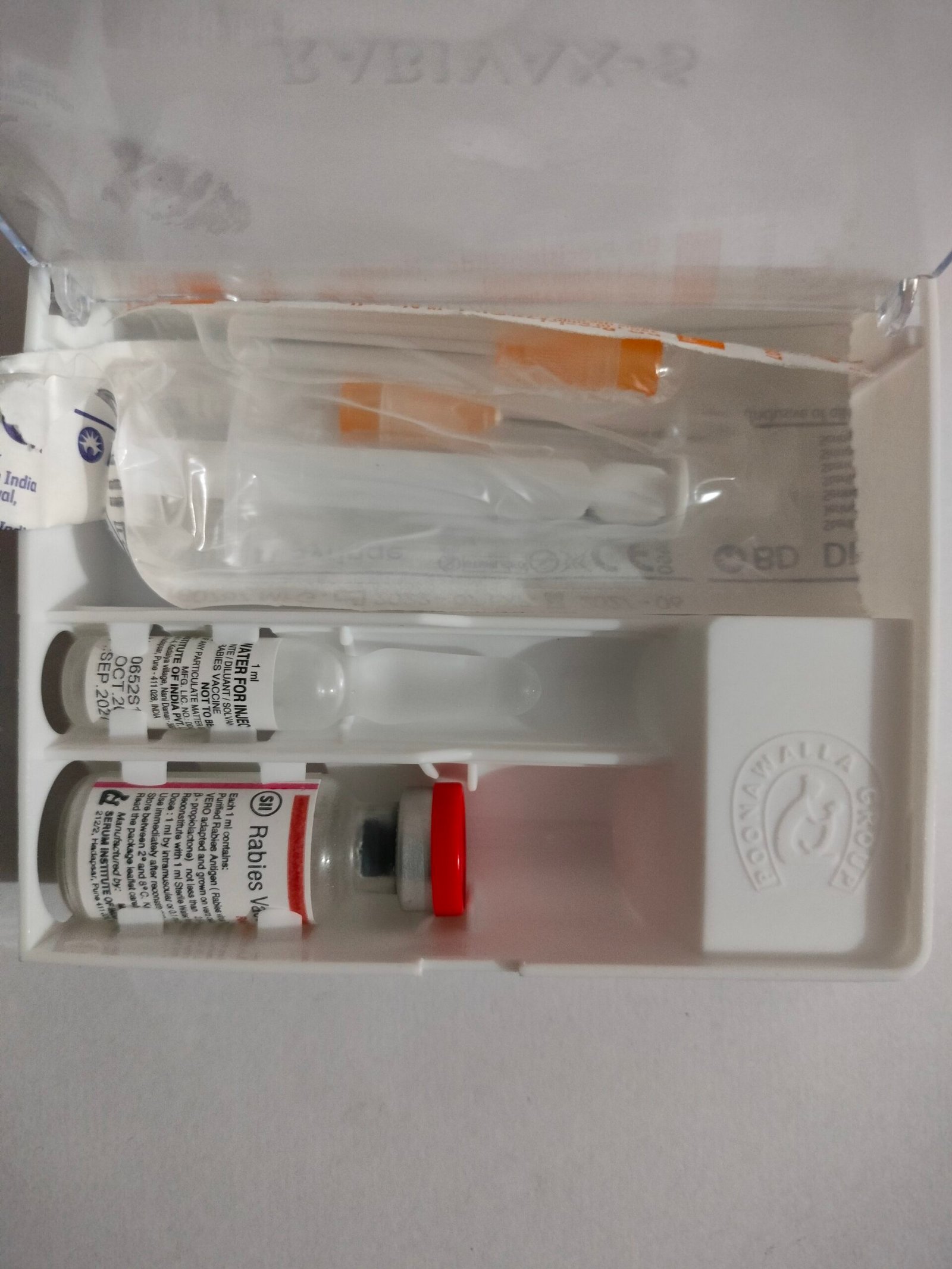
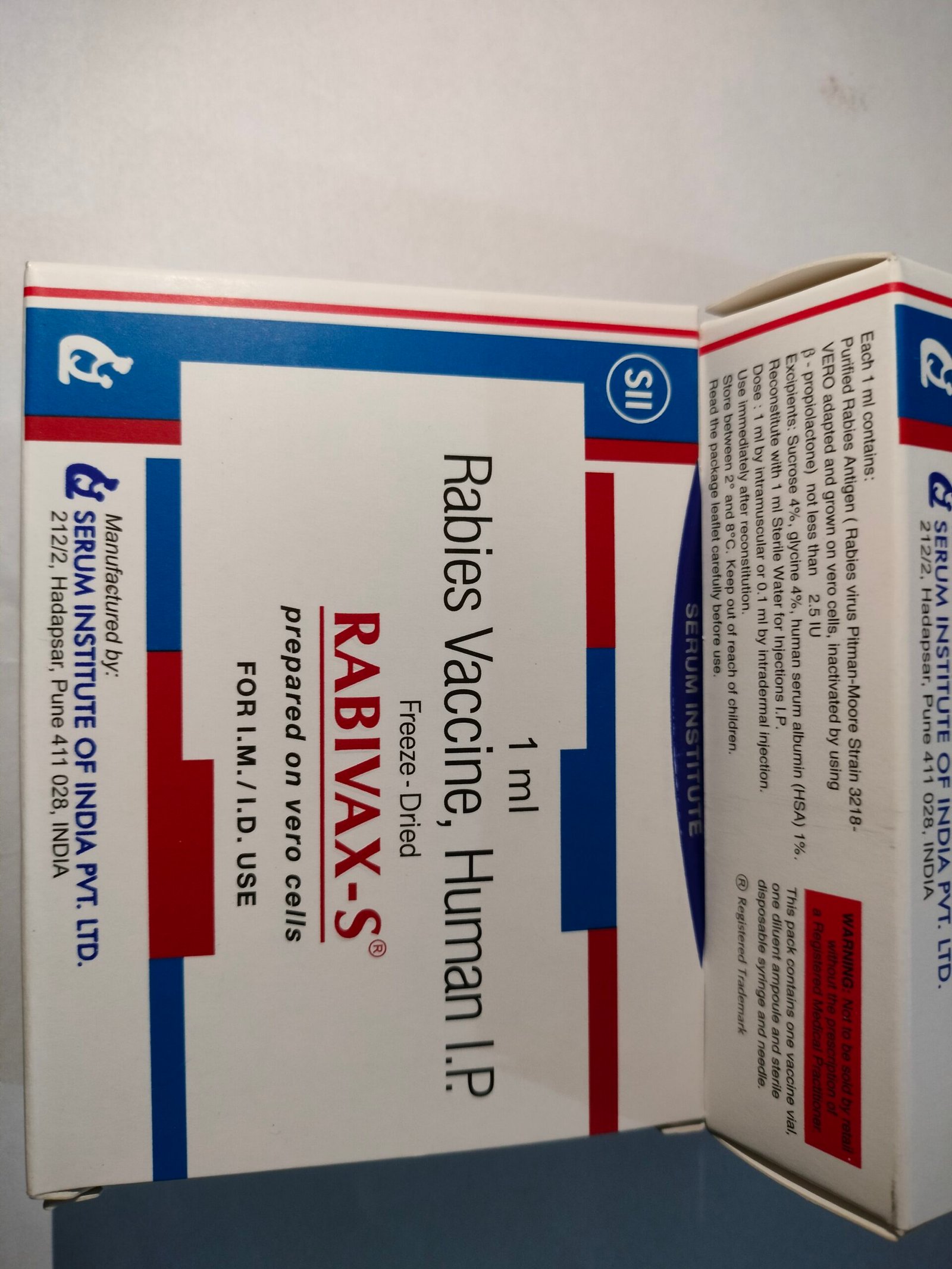



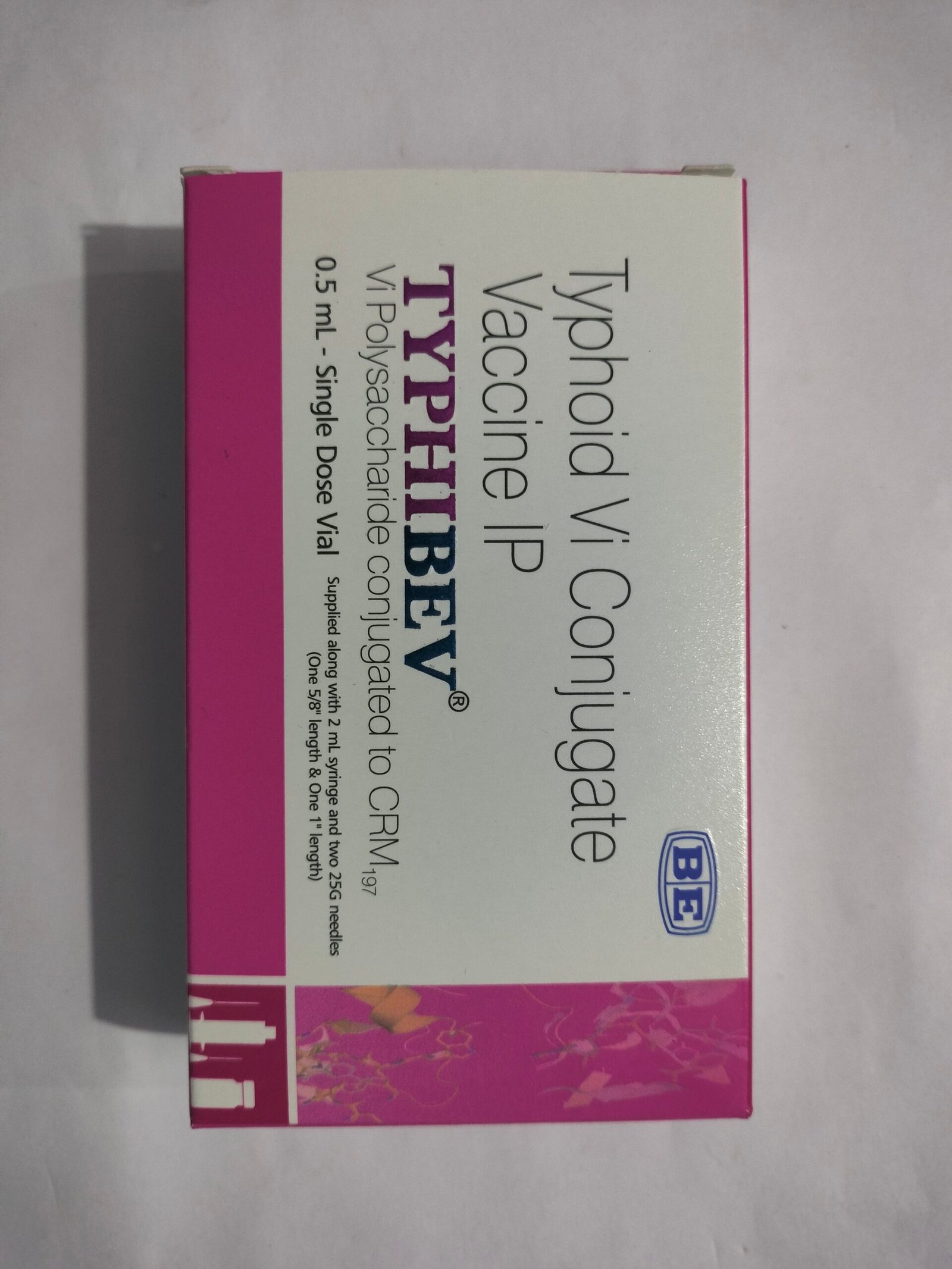
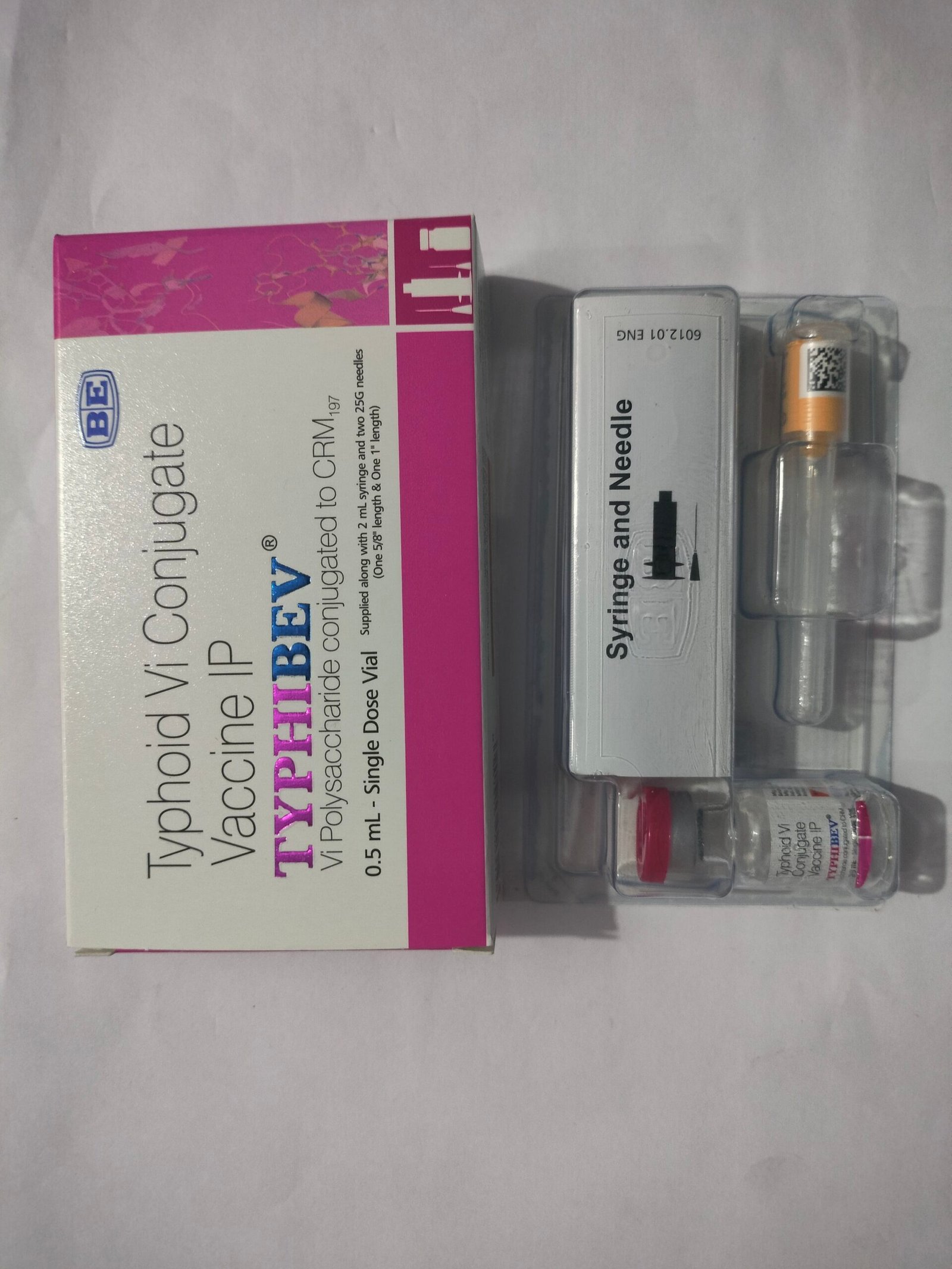
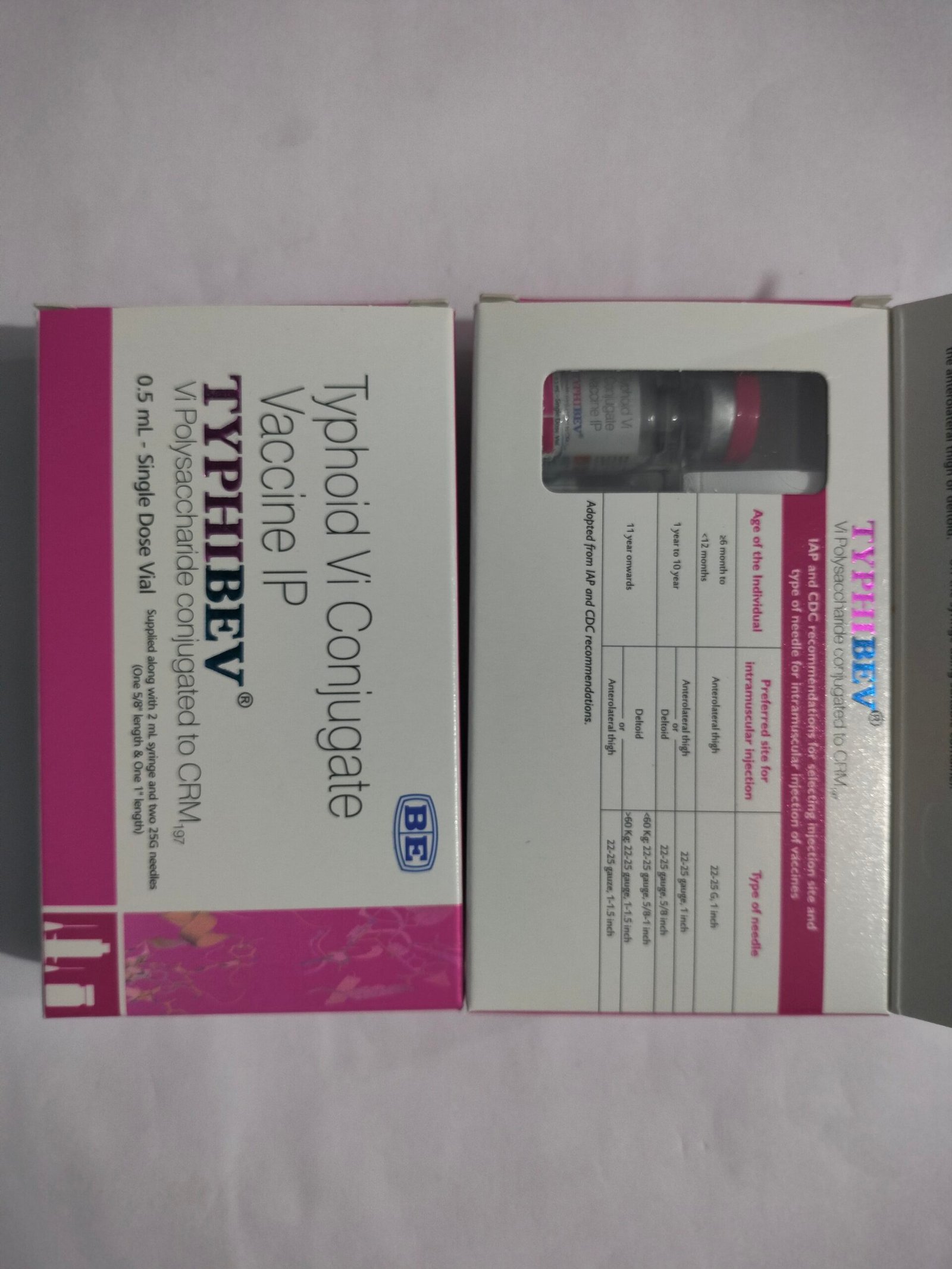
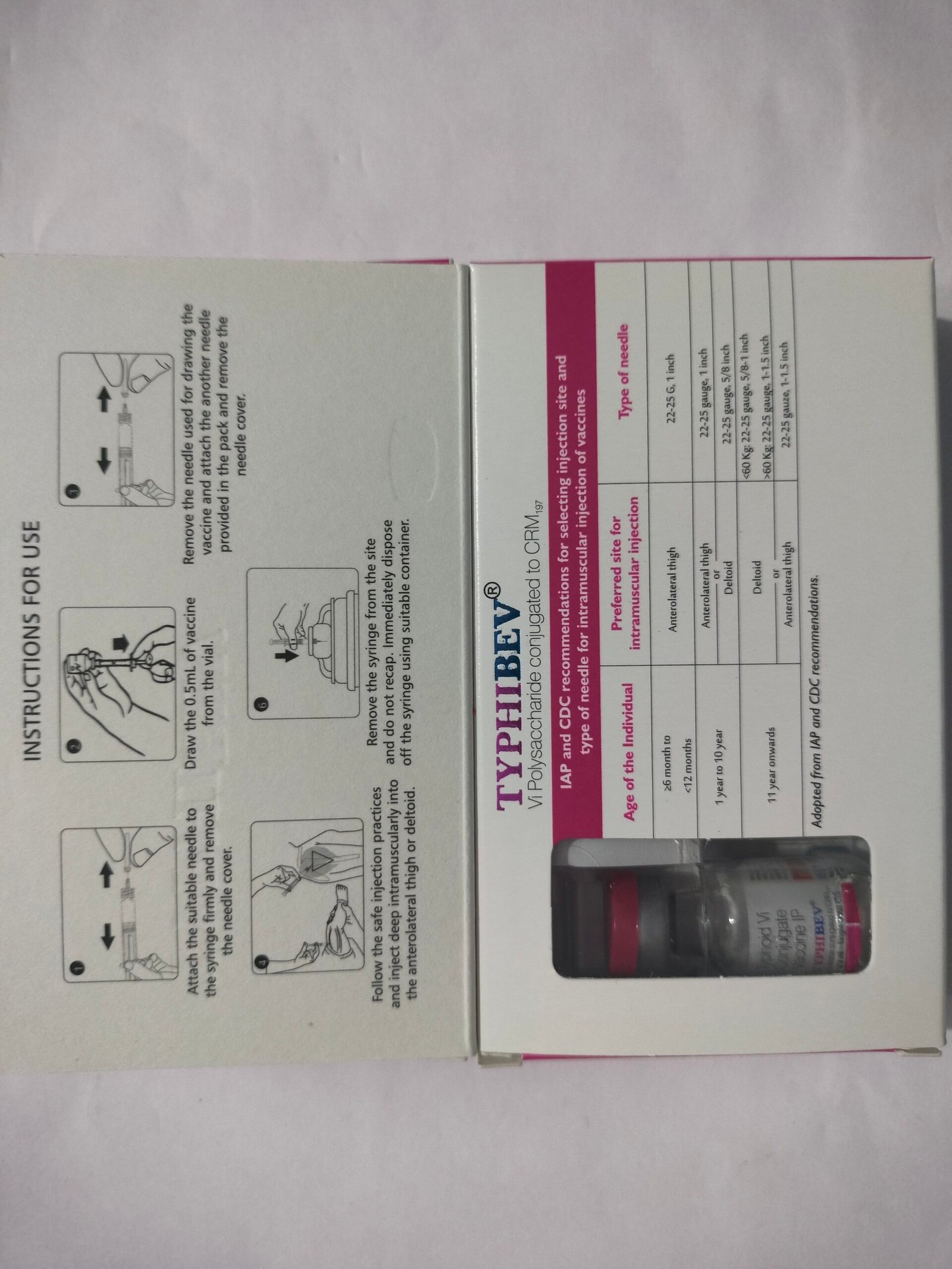
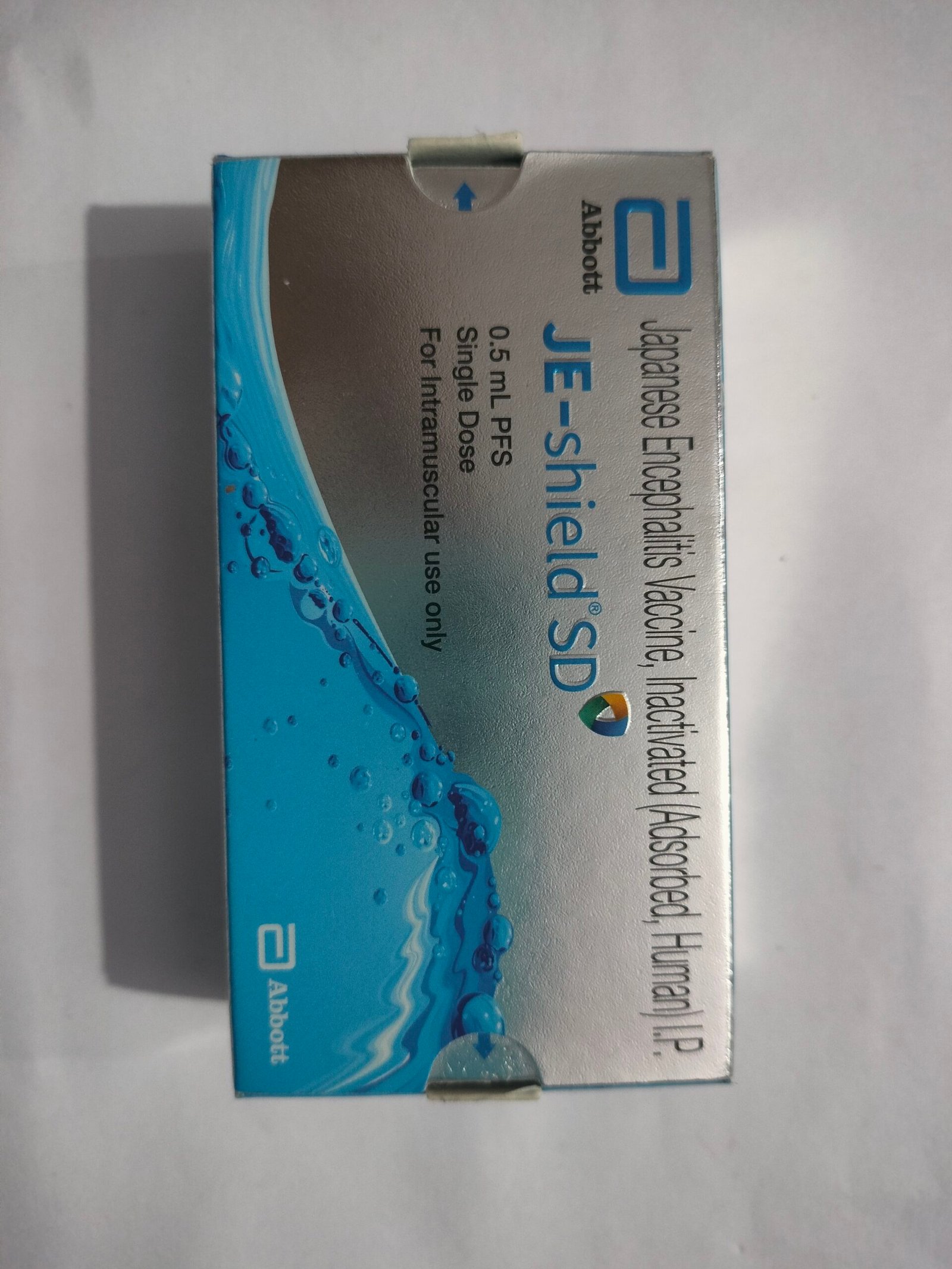
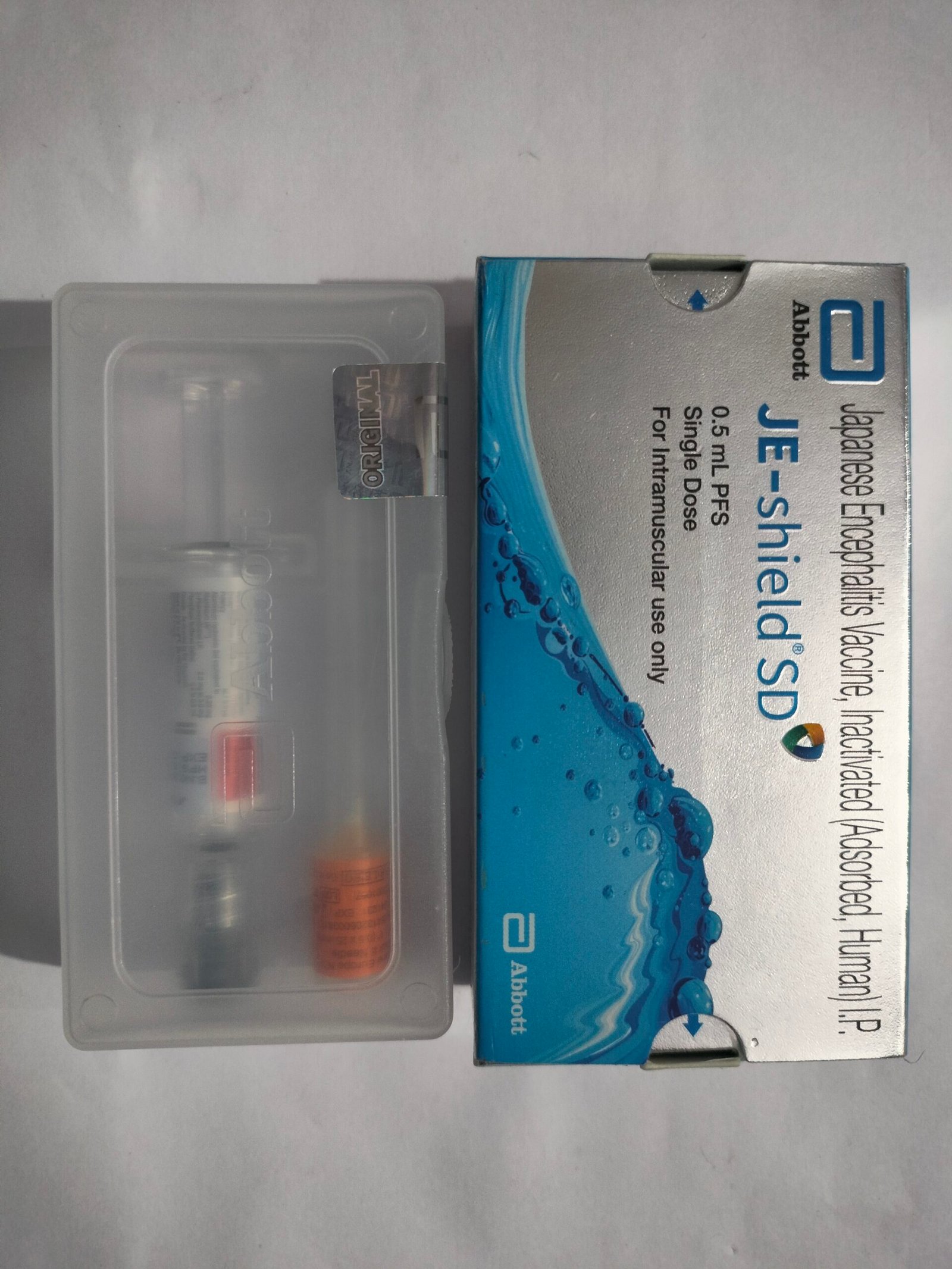

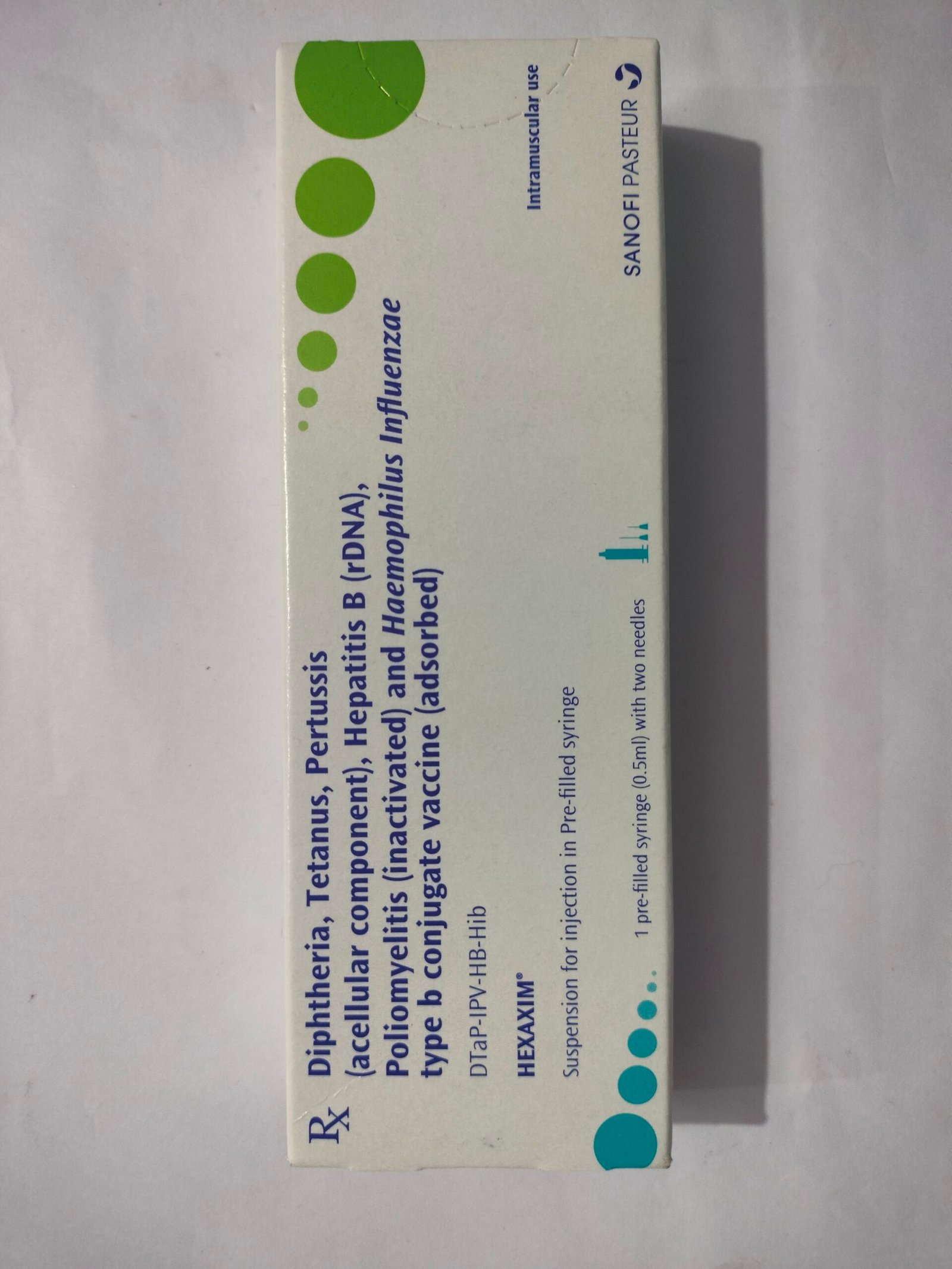
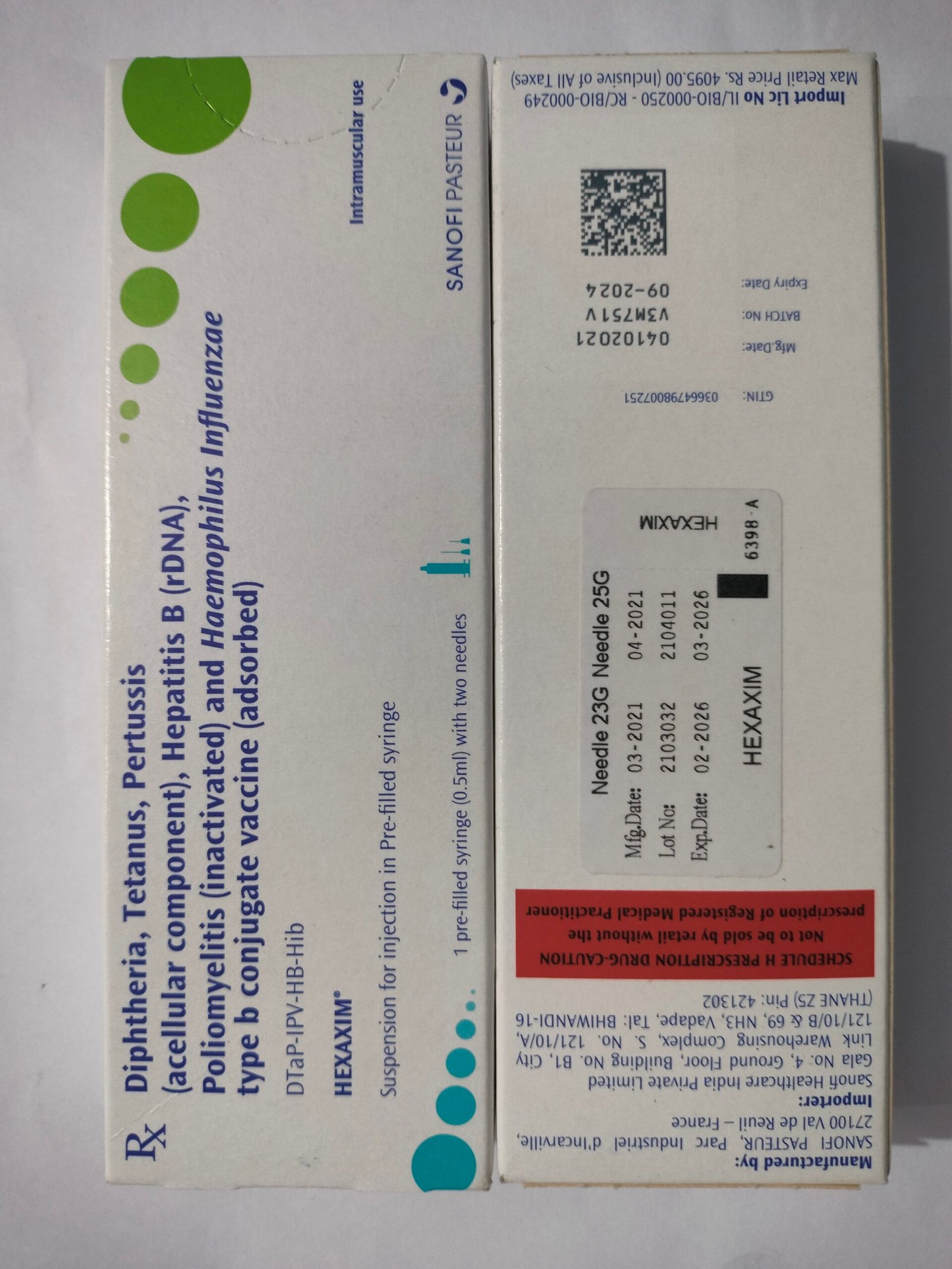
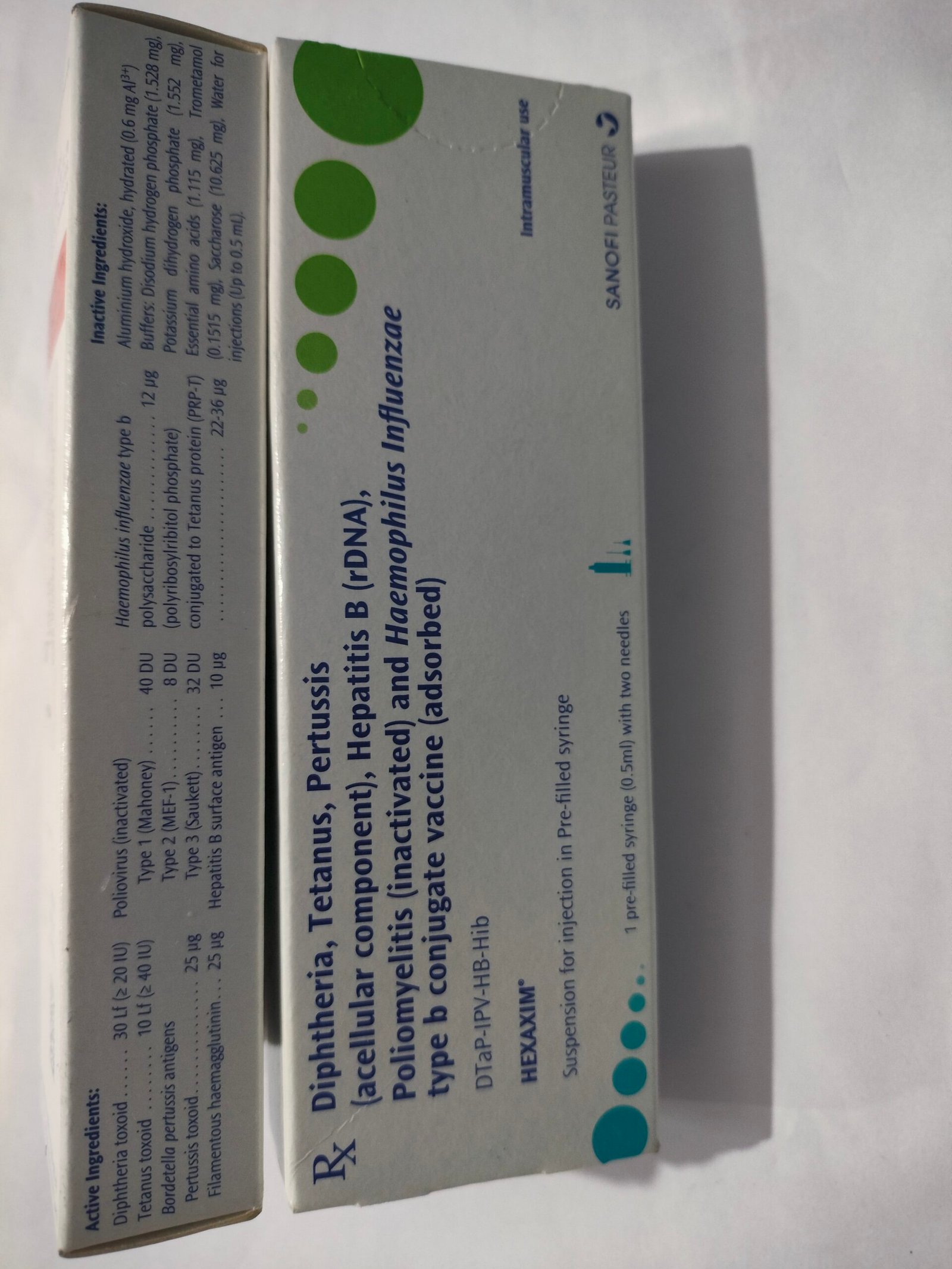
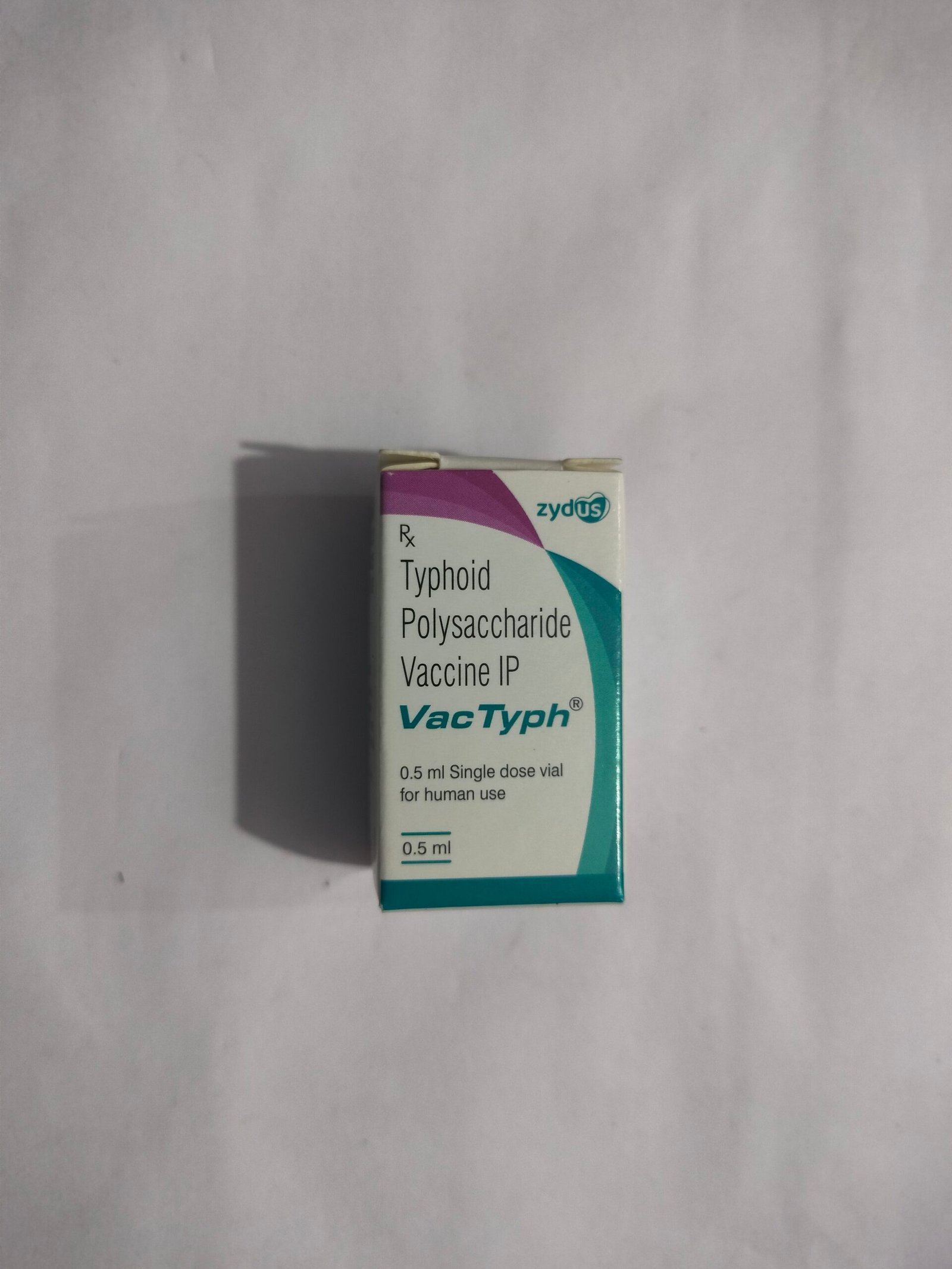

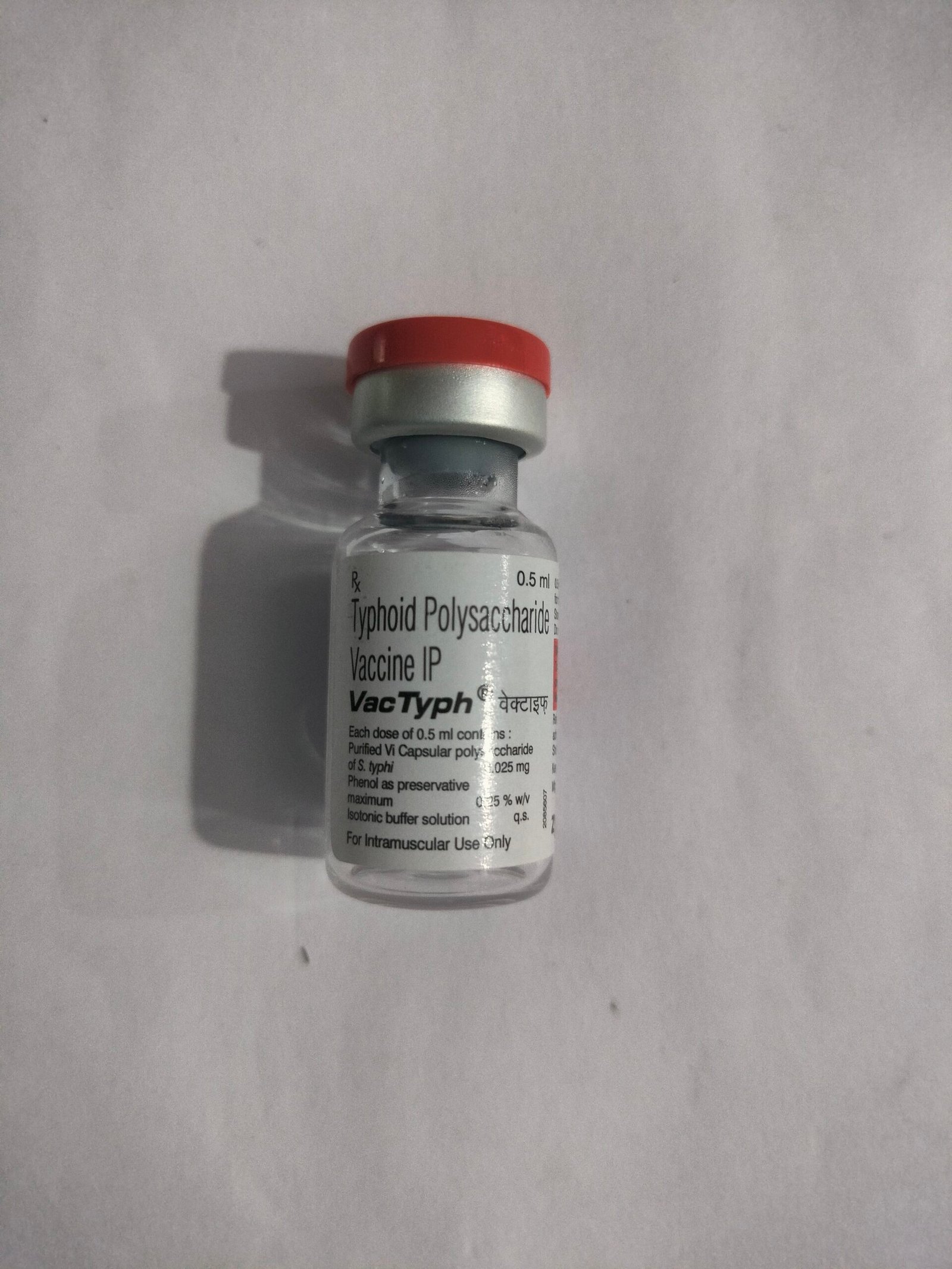
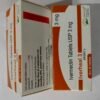
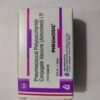
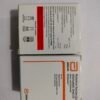




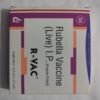

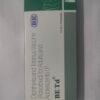


Reviews
There are no reviews yet.